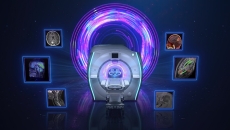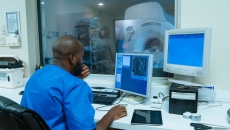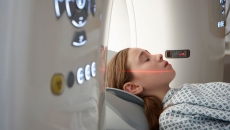Artificial Intelligence
"When we see a vulnerability or intrusion campaign that could have been reasonably avoided if the software manufacturer had aligned to secure by design principles, we’ll call it out," writes CISA cybersecurity leaders Eric Goldstein and Bob Lord.
The company says it has added expanded capabilities for its radiology generative AI co-copilot to help further alleviate clinician burnout.
From generative AI to intelligent automation to cybersecurity, they discuss what CIOs and IT leaders should stay focused on as the healthcare industry continues to evolve.
The Australian Alliance for AI in Healthcare has just updated its national policy roadmap for AI in healthcare.
The funds will be used to develop a comprehensive AI imaging model powered by imaging data to improve diagnostic precisions and early detection of conditions.
Success Stories & ROI
The Midwest health system unified patient records, integrating clinical and claims data, and used analytics to help manage care quality and risk.
The company showcased new informatics solutions at RSNA23 in Chicago, including a "helium-free" mobile MRI system and an AI-enabled advanced visualization workshop.
Sumit Rana talks artificial intelligence helping providers respond to patients' questions, assist with medical coding and generate progress notes. And he points out how AI sometimes can be more empathetic than people.








